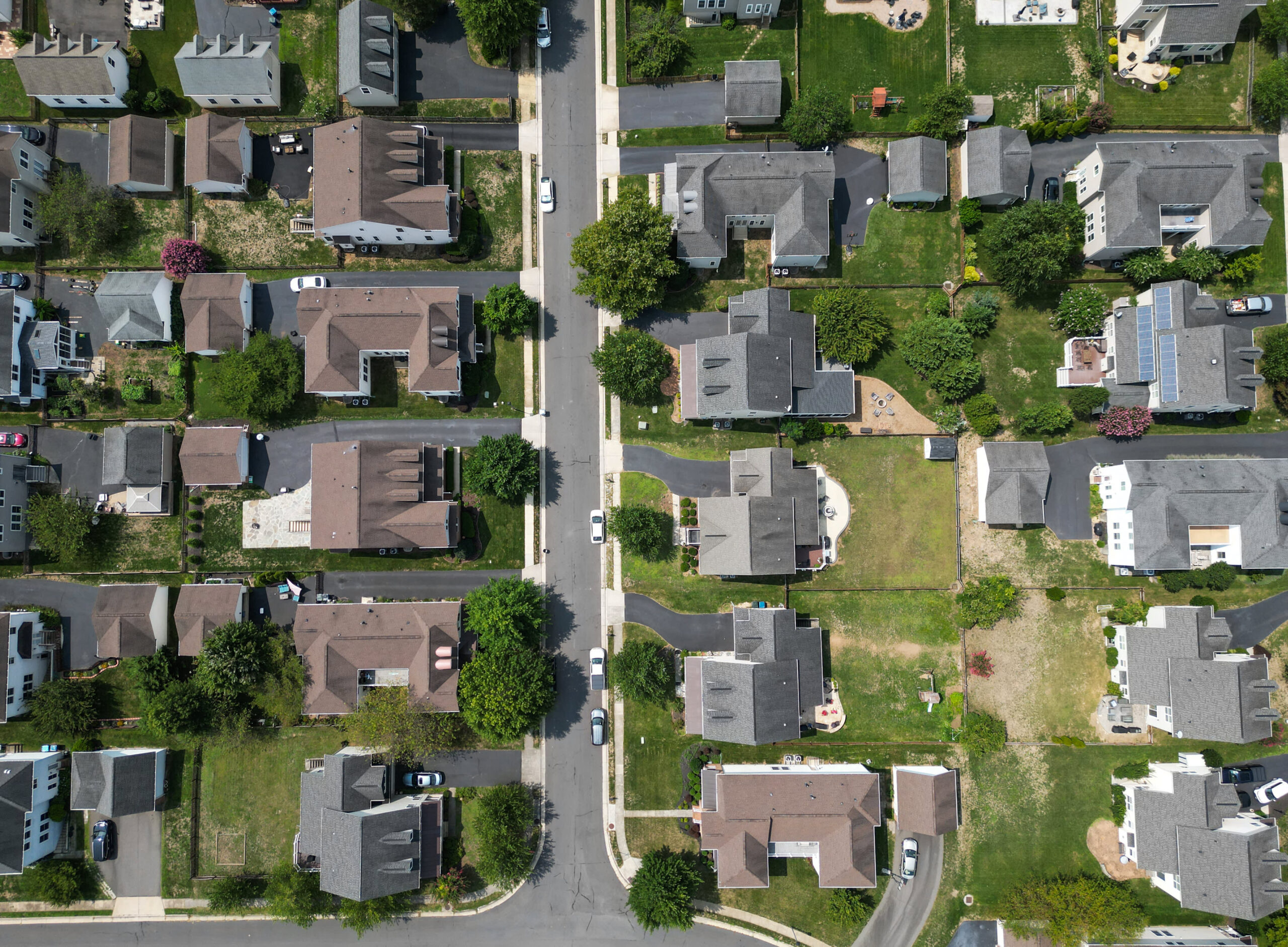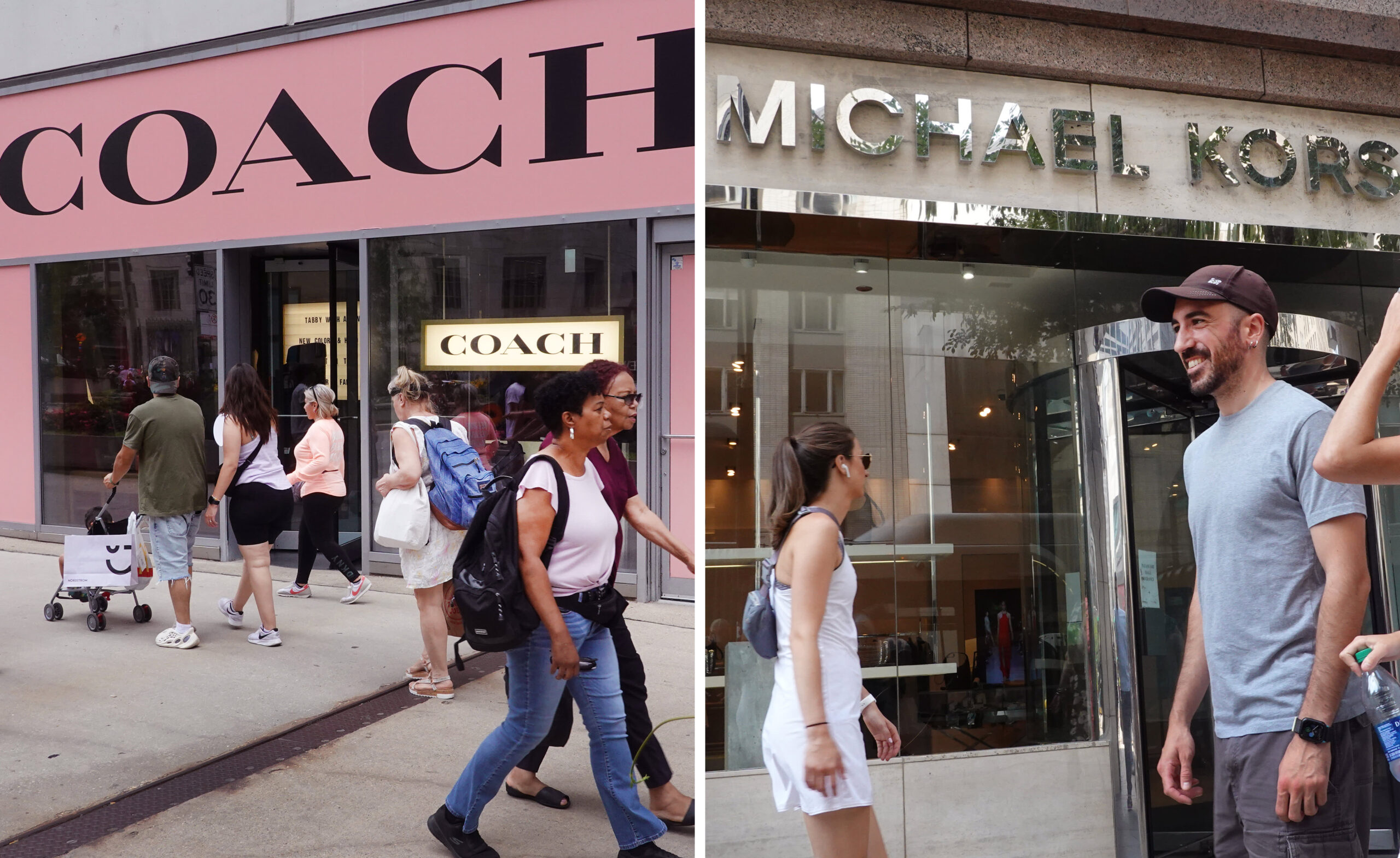Hanoi: Over the past 30 years, many people in Khoai Village of Van Lam District, Hung Yen Province have rapidly gotten rich, many of them even becoming billionaires, thanks to travelling all over the country buying scrap and recycling.
Located adjacent to Hanoi’s Gia Lam District, about 25km east of the capital centre, Minh Khai Village (also known as Khoai Village) is often called the village of scrap billionaires.
Right from the gate of the village, there are piles of sacks filled with recycled plastic and nylon. Every day, hundreds of large and small trucks and three-wheeled carts carrying sacks of “junk” pass through the village gate.
Sacks containing recycled plastic and nylon are piled up along both sides of the village’s roads. Some vacant lots are used by people gathering scrap, with dozens of sacks containing plastic and nylon stacked more than 10m high.
These are also the workplaces of those sorting plastic and nylon for recycling.
Sitting in the middle of a pile of plastic higher than her head, Nguyen Thi Thuy, from Thai Nguyen Province, quickly classifies each type such as bottles, plastic bags, and blister packs into different piles.
“Every day, I start my job at 7am and end at 5pm,” Thuy said, adding that her job is to pick up and sort recyclable plastic items to send to the processing and production workshops in the village.
“I am paid about 200,000 dong to 300,000 dong per day,” the migrant worker said.
In her first days of arriving in Khoai Village, Thuy was shocked by the bad smell emanating from plastic and nylon. Over time, she got used to it, and now she has been sorting recycled plastic for more than three years.
Having been involved in the plastic-classification profession in Khoai Village for nearly 30 years, Nguyen Thi Hoa, from Gia Lam District, said that in the early 1990s, workshops were small-scale businesses and they only received scrap from within the province.
A few years later, realising that the job gave them a stable income, many workshop owners went all over the country to buy scrap, with some even going abroad to import goods, Hoa said.
In the past 10 years, many families expanded production and business, so they built plastic processing factories.
“The work is not too complicated or difficult, but dirty, because plastic bags have a very unpleasant stench, especially on hot summer days,” Hoa said.
Recycling of plastic and nylon includes stages such as sorting, washing, turning, crushing and melting.
“The work is toxic, but every day we only earn from 230,000 dong to 250,000 dong,” she said.
“Most factories in Khoai Village only have workers, while the owners travel around to buy scrap and sell recycled products,” she added.
The work of sorting, processing, recycling and producing plastic items is mostly done by women, while men are in charge of moving and transporting plastic bags from outside the village or from other gathering places to the factories.
Khoai Village has become a large scrap recycling hub of the country.
Phung Van Thang, 70-year-old villager, said that currently in the village there are hundreds of families making a living by collecting and recycling plastic.
The whole village has more than 1,000 households, and about 600 work in plastic recycling and production.
More than 20 years ago, villagers went out to collect scrap for sorting and recycling. Later, when the production expanded rapidly, the villagers hired more workers from other provinces. Currently, the majority of workers at factories are from outside the province, Thang said.
The workshop owners all leave the village early in the morning to collect scrap and return when it is dark, he said.
Thanks to the job, many people have changed their lives, earning billions of dong from recycling plastic, but Thang and many people have to admit that the village environment is seriously polluted, greatly affecting people’s lives and health. — Viet Nam News/ANN


